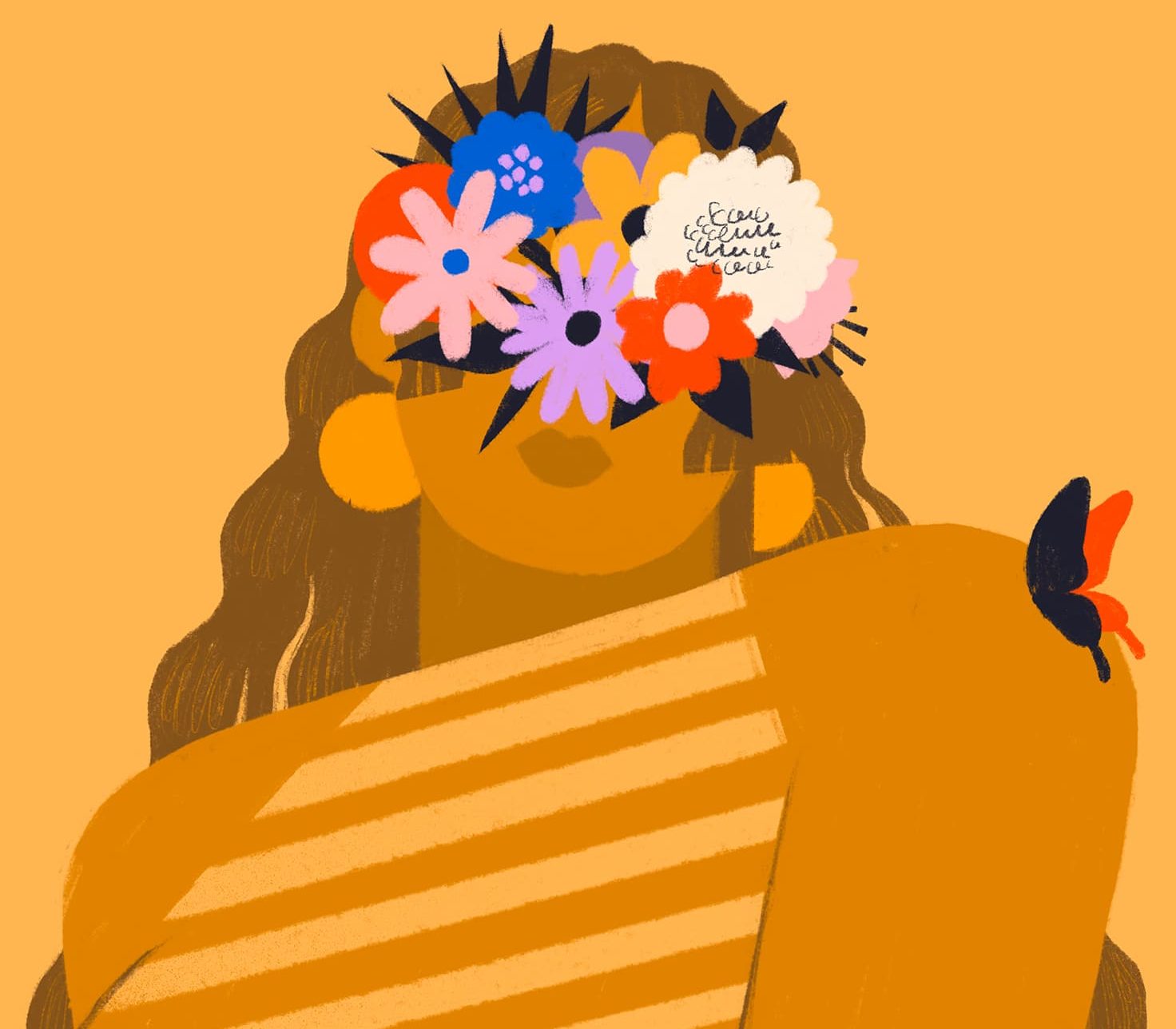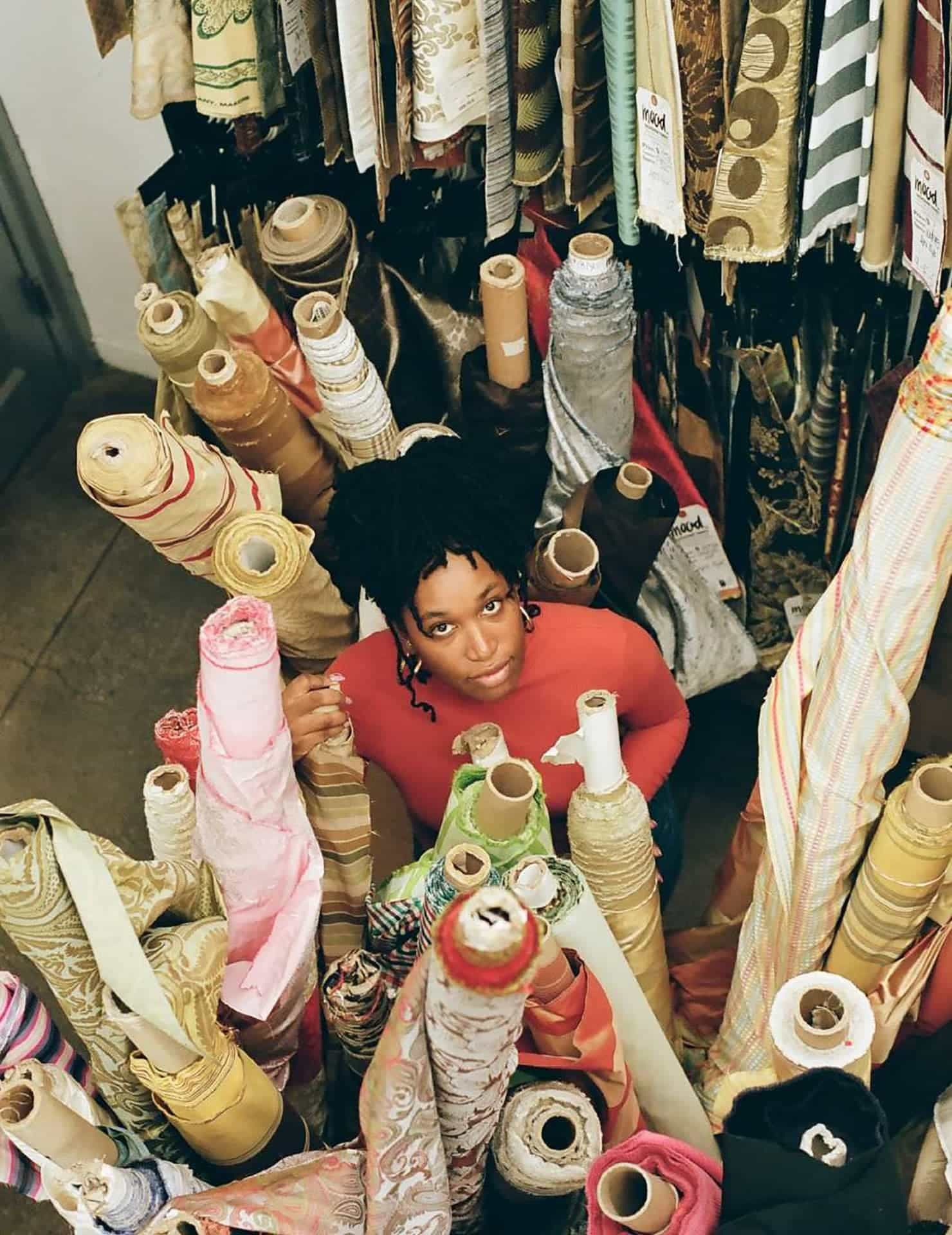It is understandable why we may feel pressure to escape boredom. The prospect of nothingness is daunting; in these times of boredom we become acquainted with an incessant mental chatter that is easily extinguished through engagement with others.
To many people, a schedule comprised of social, formal, familial and career-oriented necessities are the mark of a successful life. If we reply that we are “busy” when someone asks us how work is going, we are considered fortunate to be in demand, even if our busyness is keeping us from the most pressing things within ourselves. With no time to debrief, it is no wonder generalised anxiety is a symptom of our contemporary lives.
I always dread seeing people the day after the weekend. It’s routine small talk to ask, “how was your weekend?” and a good weekend for me is often one to myself, where I can forget about the unspoken rules of social interaction and the effort it takes to be cheery in the name of preserving the ‘vibe’. But a weekend without plans is often interpreted as a kind of failure, a sentence of loneliness, as opposed to a choice to be alone.
Alone Together
As we navigate the attention economy of social media, advertising and streaming services, and everything else competing for our data, it’s crucial to get intimate with boredom. But we must differentiate between being alone and being on your own. We may be on our own but we aren’t alone if we have a knee jerk reaction to reach for our phones and aimlessly and often fruitlessly scroll through social media. Instead we are in our rooms, mentally crowded by snapshots of someone’s night out which may convince us that we’re missing out. The time we spend “alone” on social media is actually time spent with others. There is a glaring contrast between how we publicly express an idea online and how we express ourselves privately in our journal. The difference lies not so much in character limit, but in our concern about how other people will respond.
When we think of boredom as something to be escaped instead of a feeling to indulge, we rob ourselves of the privilege of exploring our own thoughts. We often reflexively turn to the thoughts and expressions of others on social media and elsewhere, neglecting opportunities to find out what we think instead of what is most popular to believe. Only later do we encounter our own half-formed or rejected thoughts, as Emerson says, reflected back at us “with a certain alienated majesty.”
The awareness of life’s impermanence means we revel in a myriad of experiences, yet we seldom remember that the most transformative experiences are often presented in solitude.
The Importance of Unplugging
If we can embrace and harness the anxiety of boredom and turn it to our advantage, we can finish a draft, we start a project, or we can discover the life-admin we’ve avoided for five months takes five minutes to complete.
Six years ago I made the choice to stay reasonably unplugged. Not in the I’m-an-underground-edge-lord-allergic-to-mainstream-content type of way, but for my sanity. It is rare that I have a TV series to follow, it is unlikely that I’ve heard of your favourite artist, and there’s a 99.9% chance I’m unfamiliar with the meme you’re referencing.
My choice to take refuge from the endless stream of what we ‘should’ be interested in is as an act of self-preservation. One way to feel content is to limit your wants, and to have less wants is to create less opportunity to be advertised to.
The more I’m bombarded with messages about what is cool, popular, trendy, important, beautiful, and interesting the harder it becomes for me to recognise my own voice. When plugged in it’s difficult to know if I genuinely like something, or if overexposure has created a tolerance for it.
Without a guide to the ‘in-thing,’ I’m forced to learn what’s my thing.





